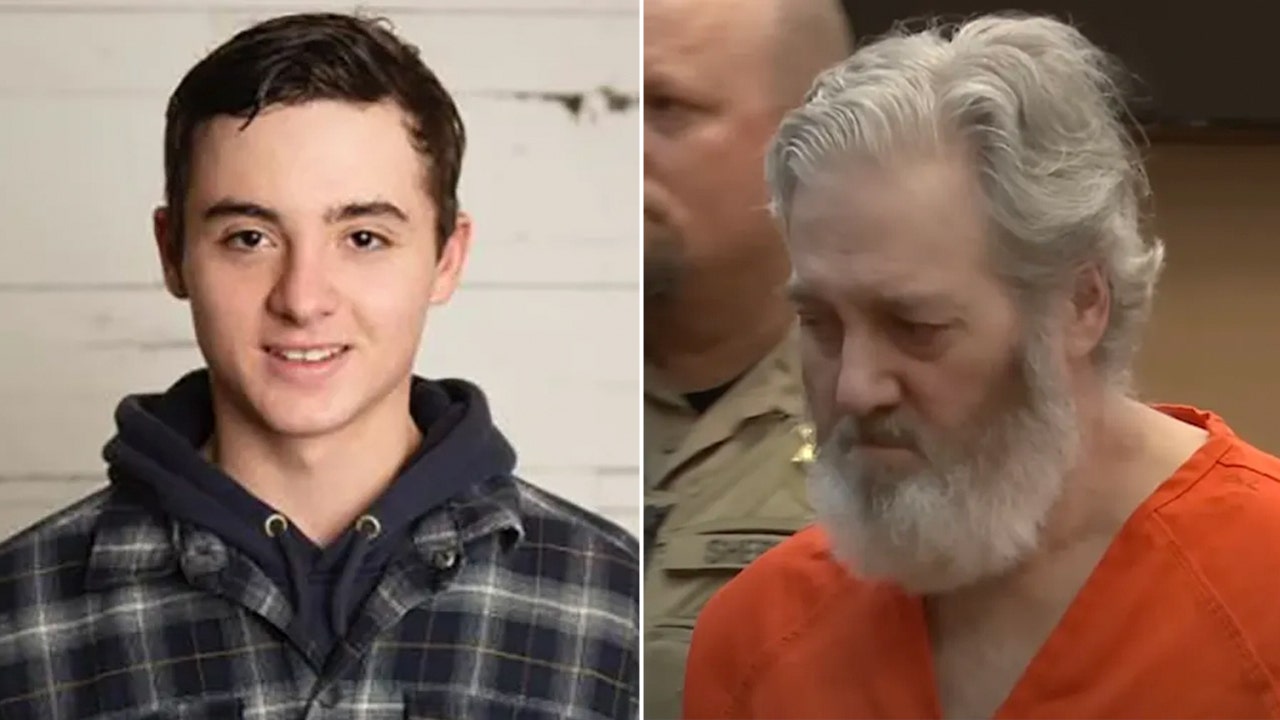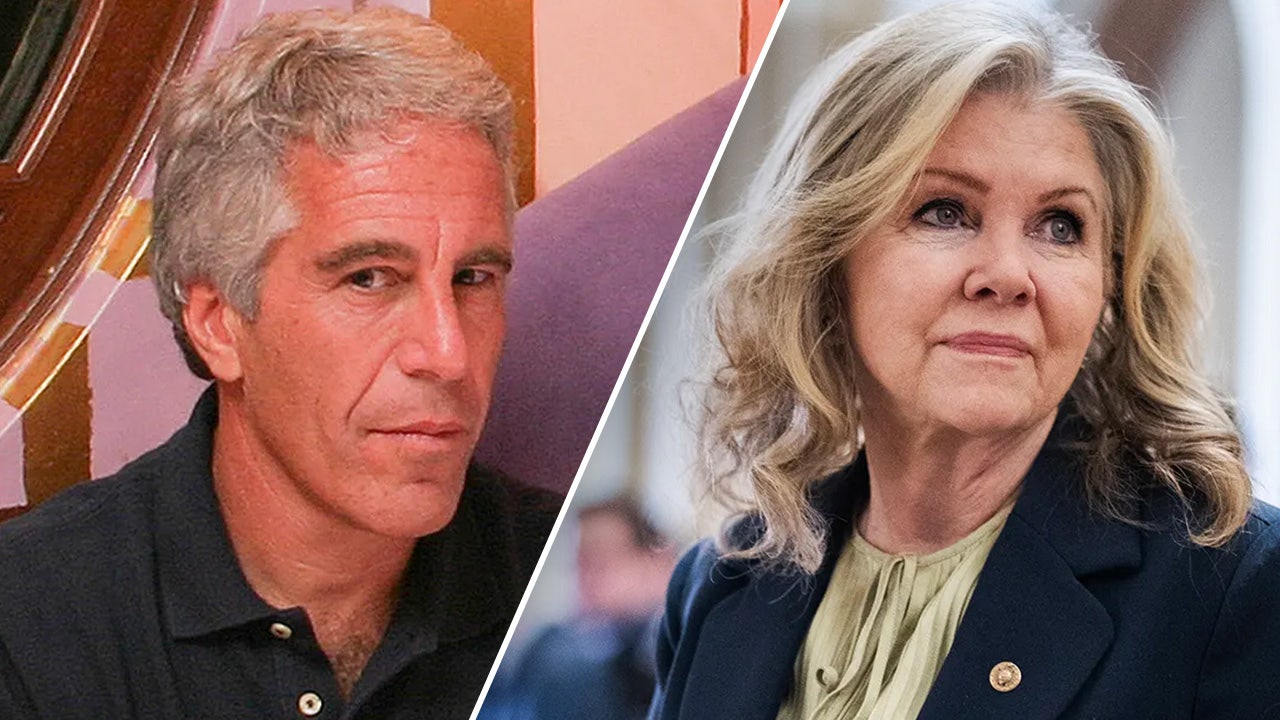Washington, you often hear, is a place so polarized that our leaders barely get anything done. But that notion is not exactly consistent with the past few years. Consider these major political stories:
-
House Democrats this month rescued the House speaker, a Republican whom far-right members of his party wanted to topple after he helped pass a bipartisan foreign aid package.
-
Senator Elizabeth Warren, a progressive leader, has worked on legislation with several conservative Senate Republicans, including Josh Hawley and J.D. Vance.
-
Vance, for his part, recently praised Lina Khan — the chair of the Federal Trade Commission who is one of the most progressive members of the Biden administration — for “doing a pretty good job.”
-
Biden has signed a more significant set of bipartisan bills — on infrastructure, semiconductors, gun violence, the electoral process and more — than any president in decades.
My editors recently asked me to make sense of this conundrum: A polarized country in which bipartisanship has somehow become normal. To do so, I spoke with Congress members from both parties, as well as Biden administration officials and outside experts. I emerged from the project believing that the U.S. was indeed a polarized country in many ways — but less polarized than people sometimes think.
On many high-profile issues, especially connected to economics, most Americans share a basic set of views. They favor both capitalism and government intervention to address the free market’s shortcomings. Most Americans worry that big business has become too powerful. Most are skeptical of both free trade and high levels of immigration. Most are worried about China’s rise and its increasing assertiveness.
I describe this emerging consensus as neopopulism. For a quarter-century after the end of the Cold War, policymakers operated under a different consensus, known alternately as neoliberalism or the Washington Consensus. It held that market capitalism, left largely to its own devices, would bring prosperity to the U.S. and freedom to the rest of the world.
Most Americans were always skeptical of the core components of the Washington Consensus. They worried about a world in which national borders meant less, and goods, capital and people could all move more freely. As it turned out, they were right to worry: Neoliberalism failed to deliver on many of its promises. Incomes for most Americans have grown slowly, and China and Russia have moved away from liberal democracy.
Neopopulism is a response to these developments and to public opinion. To different degrees, both Democrats and Republicans — both Biden and Donald Trump — have adopted it.
“There are new problems in the world, and a consensus is emerging about what those problems are,” Oren Cass, who runs a conservative think tank, told me. Jake Sullivan, Biden’s national security adviser, has put it this way: “The center of gravity itself is moving, and this is a good thing.” The title of a recent book by the historian Gary Gerstle also captures the change: “The Rise and Fall of the Neoliberal Order.”
In the essay that I’ve written, I trace the history of these ideas and describe where neopopulism may go from here. I also talk about the potential excesses of populism and some threats to the recent period of bipartisanship.
You can find the article here — and you can leave a comment if you have thoughts. I look forward to hearing what you have to say and plan to reply to some of your comments later today.
The animals missed you, too: Prospect Park Zoo will soon reopen months after it suffered rain damage. A Times reporter went for a visit.
Coffee table book: Take a walk through the Hamptons with a photographer and her iPhone.
Ask Vanessa: “Is there an alternative to the little black dress?”
Metropolitan Diary: No cooler? No problem.
Lives Lived: Moorhead Kennedy Jr., a foreign service officer, was one of 52 hostages seized in Iran and held for 444 days. He later challenged the U.S. government to reshape its diplomacy with the Islamic world. He died at 93.
SPORTS
N.B.A.: The Minnesota Timberwolves, in the biggest comeback in Game 7 history, defeated the Denver Nuggets to advance to the Western Conference finals. The Indiana Pacers beat the New York Knicks to advance to the Eastern Conference finals for the first time since 2014.
Golf: Xander Schauffele, after a career of close calls, finally won his first major tournament at the P.G.A. Championship.
NASCAR: The drivers Kyle Busch and Ricky Stenhouse Jr. got into a fistfight after a wreck on the second lap of the All-Star Race.
ARTS AND IDEAS
The Oscar-nominated movie “Io Capitano” follows two young cousins from Senegal — Seydou and Moussa — as they attempt to migrate to Europe. Along the way, they encounter smugglers, armed robbers and the dangerous crossing of the Mediterranean.
The film’s crew and director have screened it at several places across Senegal, including at youth centers and schools. One viewer at a screening, 18-year-old Barra Gassama, became teary-eyed while watching the movie. His brother died a decade ago trying to make it to Spain. “This reminds me so much of him,” he said.






